As a member of the baby boomer generation, I’ve been wondering since Nine Eleven what our legacy to our children will be. My parents were described as “The Greatest Generation” by another boomer, Tom Brokaw, so we know what their legacy is. But years from now when one of our children writes a book about their parents, will the title of that book be something like the title of this article – only in the form of a statement and not a question? I sure hope not.
Maybe what has been happening lately is only a short term deviation – a temporary glitch. Maybe it is just a more informed public. On the other hand, could it be the leading edge for something more long term? Something that will result in a new leader for the world?
Well, let’s review what could represent this leading edge or temporary glitch. We just had Congressman Cunningham admit to taking bribes. Lawyers for Congressman Tom Delay are manipulating the elected Texas judicial system to keep Mr. Delay from going to trial for conspiracy for money laundering. Senator Frist is being investigated for insider trading. Mike Brown resigned as FEMA director after a disastrous response to hurricane Katrina. If that wasn’t enough failures on the political front, there is a report on the relative high crime rate for current and past congressmen which doesn’t include the more recent crimes mentioned above.
Where else is this leading edge of failure manifesting itself? Women are being incarcerated at five times the rate of the US’s population growth. Election fraud was a factor in the last two close presidential elections. Mike Brown was one example of the Peter Principle, but there have been many more. And now global warming seems to have kicked into overdrive with a record hurricane season.
Then there are the failures of the boomers in the corporate world. In the documentary Enron Emerges From Bankruptcy | August 5, 2004, CBS summarized what happened, “Houston-based Enron went bankrupt in December 2001 amid revelations of hidden debt, inflated profits and accounting skullduggery. Thousands of workers lost their jobs and millions of investors who hadn’t already bolted watched their shares become worthless.”
But that’s only one example. There are many more. The introduction to “The Rise of the Rogue Executive,” briefly describes many of the failures that contributed to the creation and inevitable fall of corporations like Enron, WorldCom, and many others that did not make the headlines but produced the same results – lost jobs, lost retirements, lost investments, enriched lawyers, bankers, and consultants, but little punishment for the executive criminals.
The inside cover for the book put it this way, “Billions of dollars continue to be lost by companies and investors due to the pervasive impact of manipulative, self-serving executives. Financial scandals aren’t unknown in U.S. business history, but today’s growing problem of executive excesses and self-serving behavior is unprecedented in both its persistence and pervasiveness. Executives continue to plunder their companies and rip off their stockholders. This book reveals the true breadth and depth of corporate corruption—including flagrant new cases that haven’t received the publicity they deserve.”
This book also points out that, “Business scandals are just another part of the stream of daily news that is full of scandal.” There is prisoner-of-war torture, war profiteering, steroids in baseball, pedophiles in church, inflated news media circulation numbers, made up stories in leading magazines, shilling for politicians, teachers caught helping students on proficiency tests and “cooking the books” to lower their actual dropout rates. Then there’s the CEO of Marsh & McLennan who resigned under pressure when the company was accused of rigging bids. The firing of bankers at Citigroup for deceptive marketing practices. Accounting irregularities at Fannie Mae force top two executives out. Time Warner in trouble for AOL’s revenue misstatements. Accounting at AIG found misleading.
The book goes into detail on the causes of these corporate failures and who is responsible. The causes include excessive executive stock ownership via stock options; new powerful technologies that “tempt and facilitate financial mischief” by their users; issues at the SEC, the auditor of the auditors, “that must be resolved if the public’s auditors are to function effectively;” the “weak oversight” provided by corporate directors; the “silent critics” as represented by the members of the media and academia; the investment bankers and consultants that helped drain the “treasuries and shareholder equity” of the failing companies; the free enterprise fundamentalists that propagate “unrealistically optimistic reassurances” of capitalism; and finally the “mythic executives” who “require extraordinary compensation” and have “little patience to lead in the tough, painstaking task of building a robust business …”
In the midst of all this failure there is one more to mention. Last but not least, by any measure, there was the crucial failure to prevent Nine Eleven and the loss of almost 3,000 lives, almost as many as those killed on December 7, 1941.
Sure there have been multiple generations involved in these failures, but which generation was leading by example and which was following?
If this is the leading edge of what is coming our way, what other failures will our children be writing about? How we bankrupted Social Security? How we left them with a national debt that can’t be paid off? How we did little to stop global warming? How we let our democracy become a theocracy? How we let AIDS devastate Africa? How we failed to bring peace to the Middle East? How we failed to keep the war on terror from turning the US into a police state?
The inside cover for “The Greatest Generation” stated, “This generation was united not only by a common purpose, but also by common values–duty, honor, economy, courage, service, love of family and country, and, above all, responsibility for oneself.” Have those values been replaced by negligence, dishonor, excesses, cowardice, selfishness, love of money, and above all an “ends justifies the means” approach to all we do? But there is hope for us boomers. December 7, 1941 was a failure of The Greatest Generation, but they came to their senses, had to sacrifice 400,000 lives, and changed the world for the better. As has happened in the past, the built-in self-correcting structures of this nation have enabled needed changes of direction.



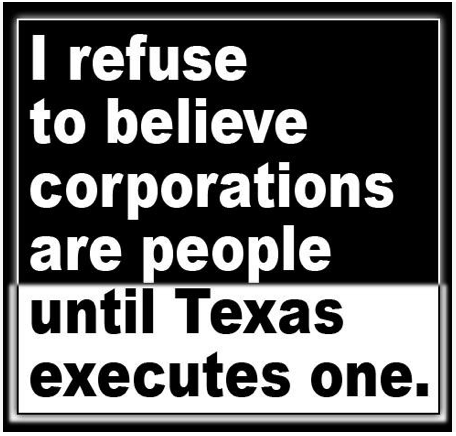

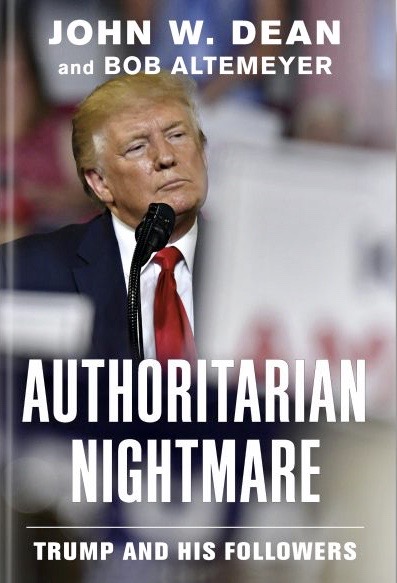
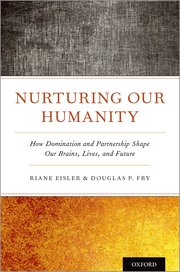
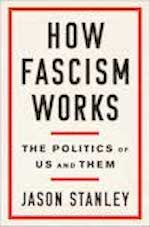
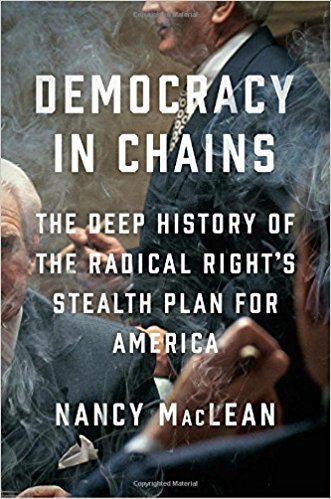

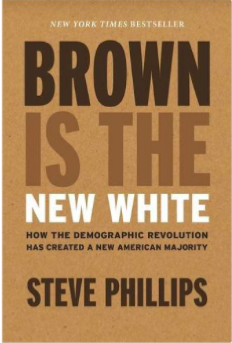

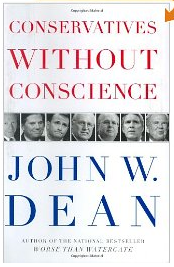

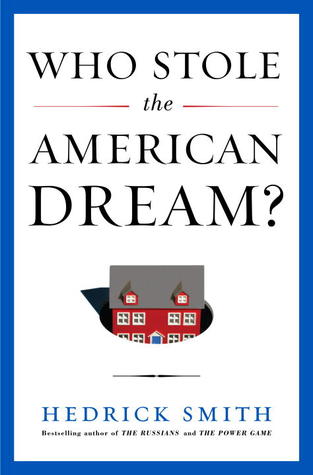
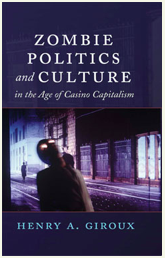
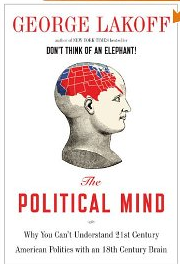
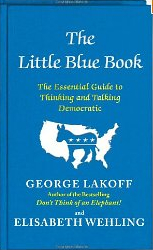
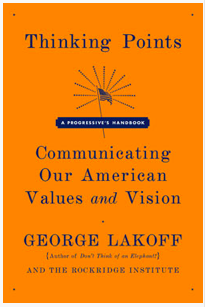

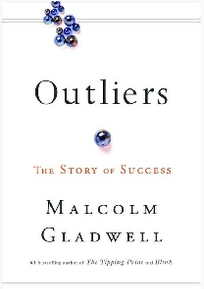






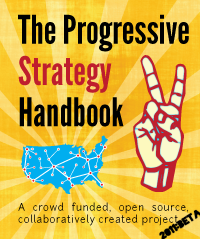
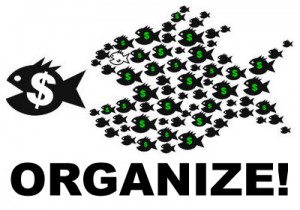

Pingback: The WAWG Blog » More Corporate Failure - And a Win for Labor?
Pingback: The WAWG Blog » China - Overt Military or Stealth Economic Powerhouse?